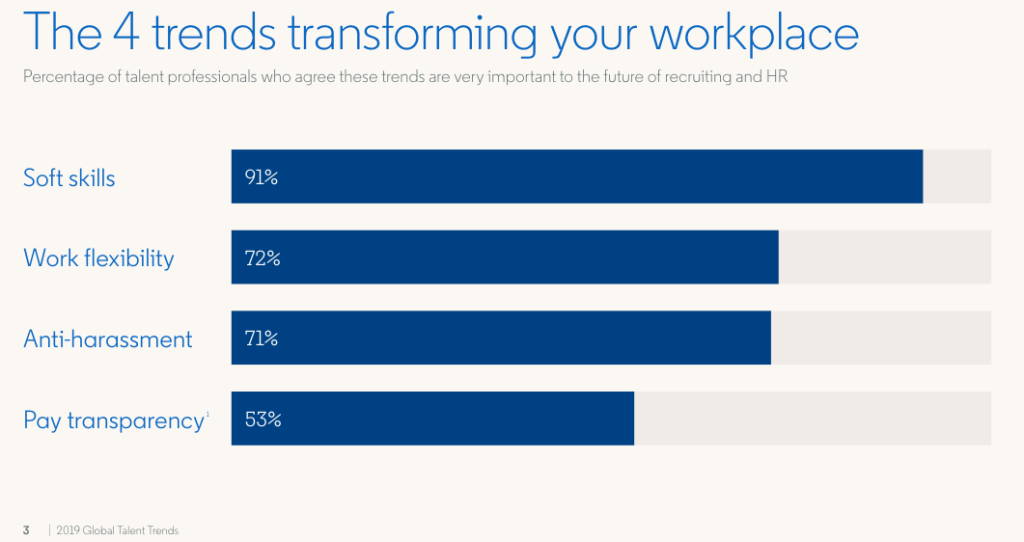I read an article in The New Yorker, probably the best article I’ve read in a while, on the importance of “Coaching” by Atul Gawande. Atul is a writer and a surgeon, smart and creative – I should hate him, but he’s so freaking brilliant! From the article:
The concept of a coach is slippery. Coaches are not teachers, but they teach. They’re not your boss—in professional tennis, golf, and skating, the athlete hires and fires the coach—but they can be bossy. They don’t even have to be good at the sport. The famous Olympic gymnastics coach Bela Karolyi couldn’t do a split if his life depended on it. Mainly, they observe, they judge, and they guide.
As an HR Pro, I’ve always believed that HR has the ability to act as “coaches” across all vestiges of our organizations. The problem we run into is this, “You can’t coach me! You don’t know the first thing about Marketing, or Operations, or Accounting.” You’re right, good thing I’m not “teaching” you that! That’s why we hired you. Having a coaching culture in your organization starts during the selection process. Are you hiring people who are open to being coached?
More from The New Yorker –
Good coaches know how to break down performance into its critical individual components. In sports, coaches focus on mechanics, conditioning, and strategy, and have ways to break each of those down, in turn. The U.C.L.A. basketball coach John Wooden, at the first squad meeting each season, even had his players practice putting their socks on. He demonstrated just how to do it: he carefully rolled each sock over his toes, up his foot, around the heel, and pulled it up snug, then went back to his toes and smoothed out the material along the sock’s length, making sure there were no wrinkles or creases. He had two purposes in doing this. First, wrinkles cause blisters. Blisters cost games. Second, he wanted his players to learn how crucial seemingly trivial details could be. “Details create success” was the creed of a coach who won ten N.C.A.A. men’s basketball championships.
I think this is critical in working with adult professionals. Coaches aren’t trying to “teach” them new concepts, but helping them self-analyze and make improvements to what they already do well. We/HR can make our workforces better, not by focusing on weaknesses/opportunity areas, which we spend way too much time on, but by making our employees’ strengths even stronger.
Coaching has become a fad in recent years. There are leadership coaches, executive coaches, life coaches, and college-application coaches. Search the Internet, and you’ll find that there’s even Twitter coaching. Self-improvement has always found a ready market, and most of what’s on offer is simply one-on-one instruction to get amateurs through the essentials. It’s teaching with a trendier name. Coaching aimed at improving the performance of people who are already professionals is less usual.
I’m talking about turning HR into “Life” coaches or “Executive” coaches, those types of “coaches” are way different and fall more into the “therapists” categories than what I see HR acting as “professional” coaches. Professional coaches work alongside their Pros day-to-day and see them in action, and work with them to specifically improve on those things that impact the business. They don’t care that you’re not “feeling” as “challenged” as you once were, and need to find yourself.
I think the biggest struggle HR Pros will have in a role as “coach” – our ability to understand most employees have low self-awareness (including ourselves!). Being a great coach is measured on your ability to get someone to see something in themselves, they don’t already see, and make them truly believe it. If we can get there in our organizations – oh boy – watch out!


